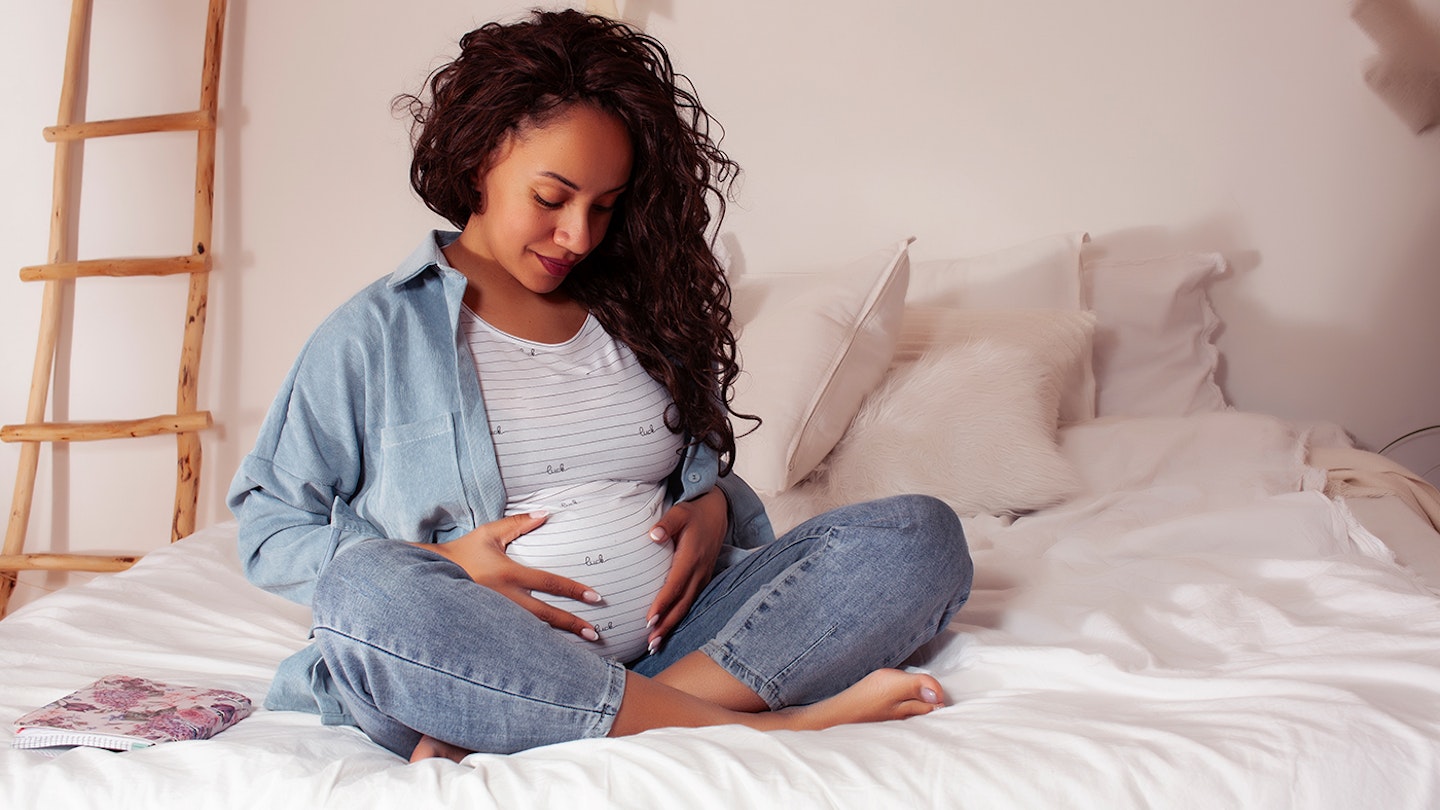When you're pregnant, you quickly get used to experiencing lots of new feelings in your belly as your bundle of love grows, but some of what you feel may be adorable baby hiccups.
Baby hiccups in the womb are nothing to worry about and are completely normal. Just like when we grown-ups get hiccups, fetal hiccups don't last long and will soon go away on their own so you don't need to do anything.
Hiccups happen when our diaphragm gets irritated or stimulated in some way. This muscle contracts which causes air to be sucked into our throats and as this air comes in, our vocal cords respond by closing which is why many of us will out a "hic!"
Because they aren't breathing air in the womb (but amniotic fluid instead), your baby won't make this noise but will still experience the sensation.
What do baby hiccups in the womb feel like?
If you've felt small, rhythmic movements, these could be your baby hiccuping! These can be difficult to distinguish from when your child kicks but some mamas can tell the difference. Baby hiccups can happen several times a day or just every so often or you may never feel them.
When will I feel my baby hiccup?
While your baby will probably have started hiccuping late into your first trimester or early in the second, most pregnant women won't actually feel their baby hiccup between 16 to 22 weeks, so around the same time that you'll feel other fetal movements.
Why do baby's hiccup in the womb?
Unlike you, your baby isn't eating or drinking too quickly or experiencing strong emotions (which can all lead to hiccups for adults and children), so why are they hiccuping in the womb?
Unfortunately not much is known as to exactly why this happens but it may just be your baby practising breathing. And sometimes when this happens, amniotic fluid enters their lungs and their diaphragm contracts, resulting in the hiccup.
Other theories suggest foetal hiccups also potentially be a way for your baby to regulate the amount of fluid in the amniotic sac.
You can expect plenty of hiccups when they make their arrival too!
